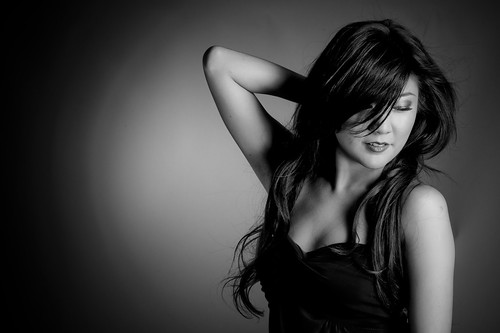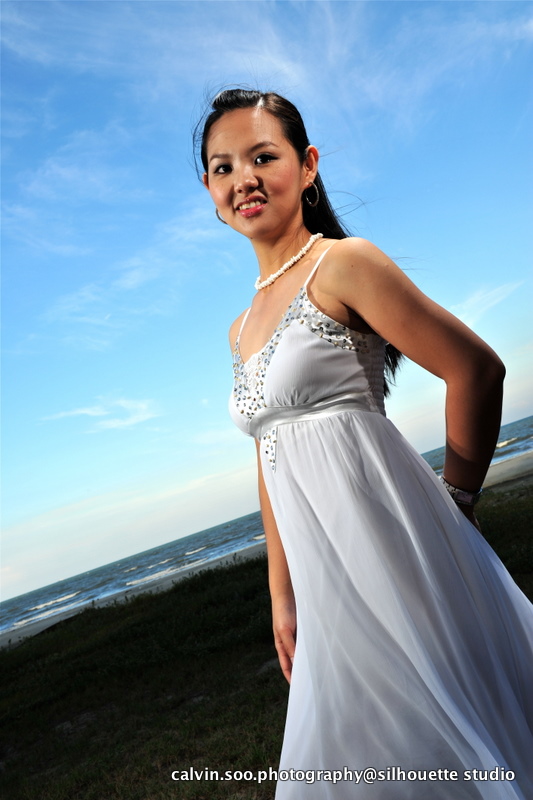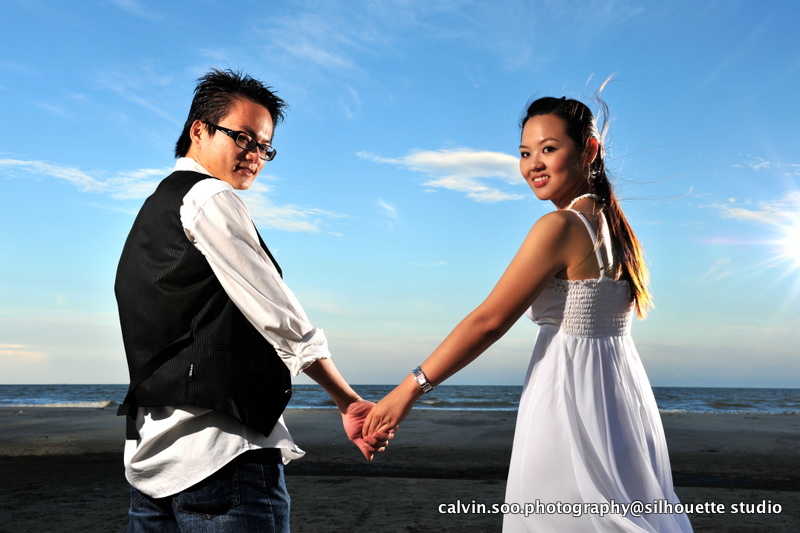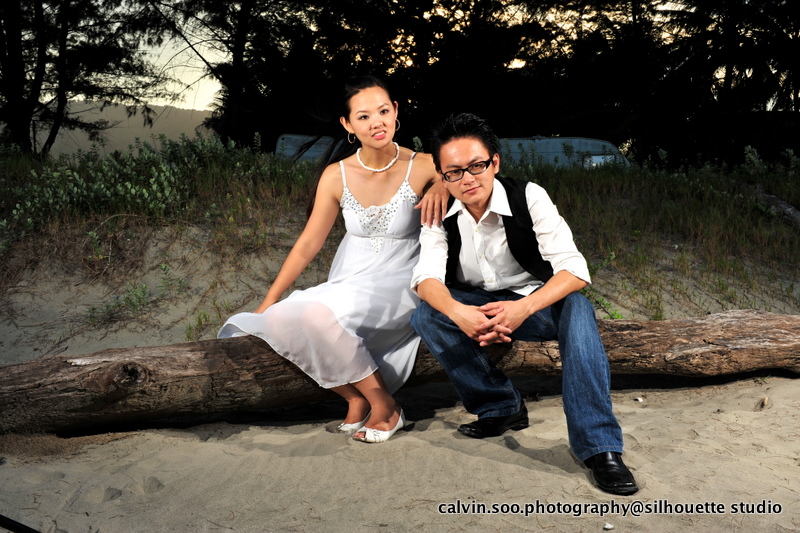“Why are wedding photographers so expensive?”
“Photographers just exploit the fact that it’s a wedding and overcharge to make a profit!”
“They’re only there for a few hours! It’s a rip off to charge that much for a few photos!”
“How hard can it be to take photos?”
“It’s not as if they have to develop the photos in a darkroom like the old days!”
These are just some of the questions and comments you might hear from people who have just had the shock of their lives after receiving a quote from a wedding photographer. When a photographer quotes £2000 for an 8-hour wedding shoot, the immediate assumption is that he/she is earning £250 per hour. But if you take a closer look behind the scenes and see what really goes on then you will realise that wedding photographers make nowhere near that kind of money.
Contrary to what people believe, the disheartening fact is that most wedding photographers actually undercharge.
“You are kidding me right?” I hear you say.
Well, instead of asking why the expensive photographer is so expensive, ask yourself this,
“Why is the cheap photographer so cheap?”
- What corners are they cutting?
- Are they insured?
- Are they using the right equipment?
- How much experience do they have?
You see, what happens is that many amateur photographers enter the market, confident of their photography skills, and naively start trading without knowing the fundamental elements required to be a wedding photographer.
Most ‘professional wedding photographers’ are running a business. And, as with any type of business, there are many costs involved in running it. However, due to their lack of experience and knowledge of the industry, amateur photographers do not realise how much they need to invest to start a successful photography business. The mindset of most amateurs is that as long as they cover for their labour costs they will be fine. As a result, their prices are a lot less than a professional who has been doing it for years.
By not calculating the proper costs and charging accordingly, amateur photographers are forcing the professionals to lower their prices. This is damaging not only to themselves, as they later realise they are not really making a significant income, but to other photographers and the industry itself.
So, why is wedding photography so expensive?
For a wedding photographer, it’s not just a case of turning up and taking a few well-composed shots and then handing you a CD or DVD. There is a lot more involved in creating the perfect memory of your wedding.
Let’s take a look at some of the main costs a wedding photographer must consider when working out their prices.
Labour
Probably the most important (and obvious) part is the labour. An average wedding can last from anything between 6-10hrs. Your photographer will most likely arrive hours before the main event to capture the small details, like the bride and groom getting ready, decorations, venue layout, vehicles etc… Then comes the main ceremony, reception and the send-off. During the wedding, they will be running around, ducking, diving, twisting, turning, crawling and climbing, all in order to catch those special moments that would otherwise be forgotten.
Doing all that continuously for 8-10hrs is physically draining.
And to ensure they capture everything, they will probably have taken between 800 – 1500 photos by the end of the day. Also, if your photographer comes with an assistant, then the cost goes up, as they have to pay them as well.
Unseen Work
Most people are unaware that a photographer’s job does not end when the wedding does. It is not uncommon for people to think that it’s a simple case of downloading the images from the memory card and putting them on a disk or uploading them onto a website.
The fact is, while the newlywed’s are jetting off on honeymoon to enjoy their first moments of marital bliss, the photographer is still working on producing a timeless memento of their special day. Depending on how many photos were taken, they will spend anything from 6-14 days processing all the images of the day, getting rid of any blemishes, cropping, applying creative effects if need be and adjusting colour and contrast.
Now, lets take that £2000 fee and break it down to an hourly rate, with the assumption that it takes the photographer 5 full working days to process the photos:
- Wedding Day: 8 hours
- Travel to and from wedding: 2 hours
- Post Production: 40 hours
Total Hours worked: 50 hours
Hourly Rate – £2000 ÷ 50 = £40 per hour
As you can see, it’s nowhere near the £250 an hour that is assumed. The hourly rate is in fact84% less! And that’s before we even take into account all the other costs involved.
Outsourcing
Sometimes it’s impossible for one person to process so many photos, especially if the photos are required to be delivered within a short time frame. In this instance, it may be necessary for a photographer to outsource some of the processing to someone else. Professional photo retoucher’s can cost hundreds of pounds per hour!
Equipment
The equipment your photographer brings to the shoot is no ordinary camera equipment. Professional digital cameras and lenses can cost anything from £1200 – £5000. And that’s just for the primary camera body and lens! A good photographer will always bring a back up camera(s) as well as various types of lenses in case the primary fails. On top of that, they need spare batteries, memory cards, filters, flashes and other portable lighting equipment. On average, a photographer could be carrying up to £15,000 worth of gear at your wedding. Outside the wedding, you need to consider the cost of owning or leasing a photo studio, colorama (backgrounds), studio lighting, computers and professional photo editing software like Photoshop. The latest versions of Photoshop products range from £557 – £2264! Then there’s the cost of upgrading every time a newer version is released.
Insurance
With equipment of that value in a crowded environment like a wedding, photographers (smart ones anyway) insure all their gear in case of damage or theft. In addition, Public Liability Insurance and Professional Indemnity are essential for any freelance photographer, especially those who shoot weddings. Each of these insurance types can add up to several hundred pounds a year.
Marketing and Advertising
Nowadays the most effective way for photographers to market themselves is probably online with a high quality professional website. Most photographers don’t have web design skills so they have no choice but to employ a professional web designer.
Getting a website designed could cost anything from £1200 – £4000. And let’s not forget the cost of maintenance, updates and technical support.
Then there’s the recurring cost of advertising. Although word of mouth is a great and effective form of advertising, it simply does not provide enough exposure. To maintain any chance of having a continuous flow of clients, a photographer must spend hundreds of pounds on leaflets, business cards, online ads, magazine and newspaper ads and any other form of appropriate advertising to reach a wider audience. All this adds up to thousands of pounds per year.
Accountant and lawyer
Anybody running a business will almost definitely need a lawyer and accountant. Although it can be easy to keep count of earnings, when it comes to matters of income tax, national insurance, corporate tax, self-assessment or anything involving Inland Revenue, an accountant becomes necessary. Lawyers are necessary for any legal matters…obviously… ![]() And we all know how expensive they are!
And we all know how expensive they are!
Travel / Location
If the photographer lives miles away from the venue or, if the wedding is taking place in multiple locations and the photographer is required to capture everything at both venues, then fuel or travel costs may be factored into the price.
Extras
What about all those extra’s that wedding photographers offer? Depending on quality and size, a storybook album could cost anything from £150 – £2000! Yes, even I was shocked when I found out!
Some photographers offer online galleries to host your images so you can show friends all over the world. Then there are those that provide prints of your photos. All these additional touches have additional costs.
Irregular Income
Unlike a normal 9-5 job, a wedding photographer’s working hours and income are not regular. Most weddings happen on a Saturday or Sunday and mainly during the summer season. How many weekends are there in a year let alone in summer? Unless the photographer is in great demand, it is unlikely they will be booked for every weekend of the season. Even if they did, I doubt that it’s enough to survive for the entire year, especially if they live in a city like London. Other than those photographers who have a large client base or own a photo studio, you will find that most freelance wedding photographers take on various other types of photography jobs in order to top up their income. Even this is not regular or guaranteed so you may see your photographer working behind the bar at your local pub during the cold seasons… ![]()
Experience / Education
Most decent wedding photographers didn’t just buy a digital camera one day and decide, “I’m going to photograph weddings!”
Nearly all professional photographers invested a lot of time and money on formal and informal education on the subject. That includes courses, seminars, on-the-job training and apprenticeships. Even after gaining the knowledge, they spend years perfecting their practical skills operating various types of camera equipment, image composition, lighting, posing etc…And they have to repeat the whole learning process again as technology rapidly evolves.
Final Thought
So, why are wedding photographers so expensive?
The answer is simple; they invested a lot of time and money developing their business into a solid and reliable wedding photography service. And they did this because they are passionate about photography and take great pride in their work. Considering this, can you really place a monetary value on expertise?
Most newcomers are equally passionate and skilled, but may lack the necessary experience and knowledge to cope with the pressures of photographing somebody else’s wedding.
Next time you receive a quote and you think it’s a bit high, take all of the above into consideration before making a decision.
You also need to ask the photographer key questions and find out more about them and base your decision on that.
- Check the photographers portfolio. Are the photos up to the standards you require?
- Do they have Public Liability Insurance? If not, who will cover for damages if the photographer accidentally injures someone?
- Do they use professional equipment?
- How much experience have they had photographing weddings or events?
- Are they authorised to provide services to the public?
- Do they charge extra for each photo you keep?
In the end, it is your wedding day, and you should go with what you feel is right for you in terms of quality and budget. Just remember, hiring a photographer is not a purchase, it’s an investment. As with any kind of investment, you get what you pay for!
You need to ask yourself “How important are memories of your wedding to you and your family?”



































































